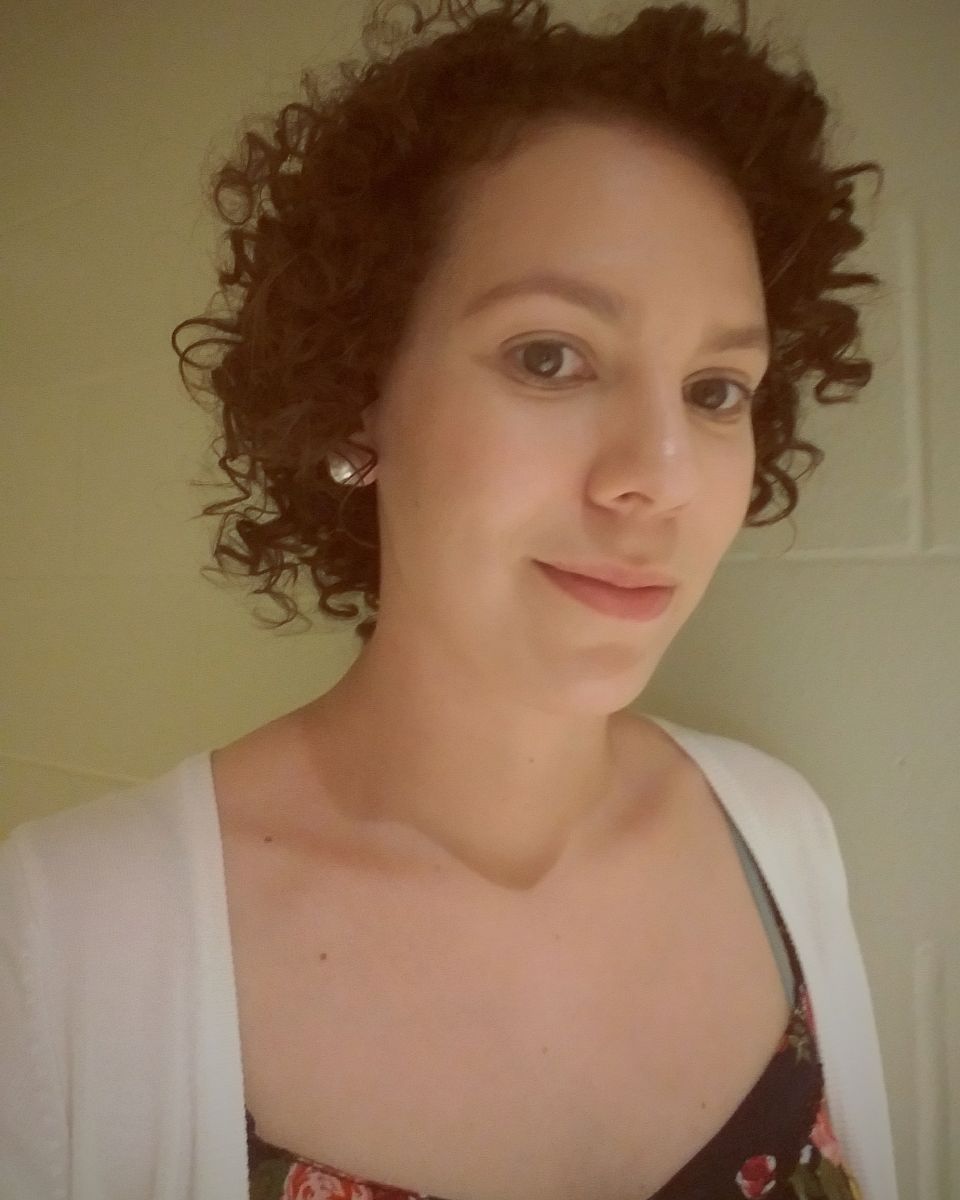
Eloisa Neri de Oliveira left sunny San Paulo, Brazil to come to chilly Kingston in February. Although the weather here was cold, she was very excited to be here and have the opportunity to work on her Master’s research with Dr. John Kirby.
While researchers from around the world have made efforts to improve students’ performance in STEM disciplines, students in Brazil had very low test results in STEM fields. Eloisa wanted to look into spatial skills and the impact they might have on students’ performance in STEM testing.
As part of her Master’s thesis, Eloisa created a game called Math-E-Motion, a game that aims to improve students’ spatial thinking. The game takes place on a tiled floor made with cheap material and involves reasoning about Cartesian coordinates. Playing the game with their whole bodies (as opposed to just their hands through a game of chess) allows the students to better develop spatial abilities.
When her husband was accepted at Queen’s Computer Science program, Eloisa saw a great opportunity to work on her thesis with a great advisor. After careful review, she connected with Dr. John Kirby, who is very knowledgeable about spatial cognition.
She said of working with him, “I love working with John. He is really helping me figure out the methodology. My project is a completely new game and he is helping me immensely to figure out how it is improving mathematics.”
Eloisa is hoping that her research will help get spatial ability, which is crucial to math and science learning, into the national curriculum in Brazil.
When asked about her experience in Kingston, Eloisa said, “… it is very different from the city I live in in Brazil. There is so much more inequality there – Kingston feels safe and things work well here.” She particularly enjoys that most buildings here have heating and cooling.
You can find out more about her research on July 19 when she will present a workshop from noon - 1pm in A236.